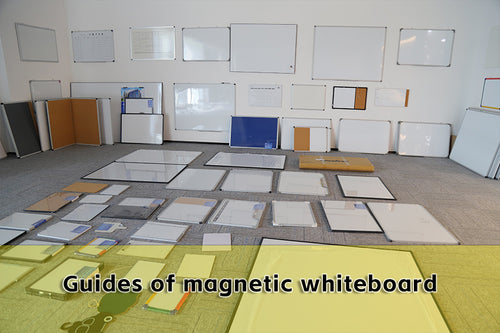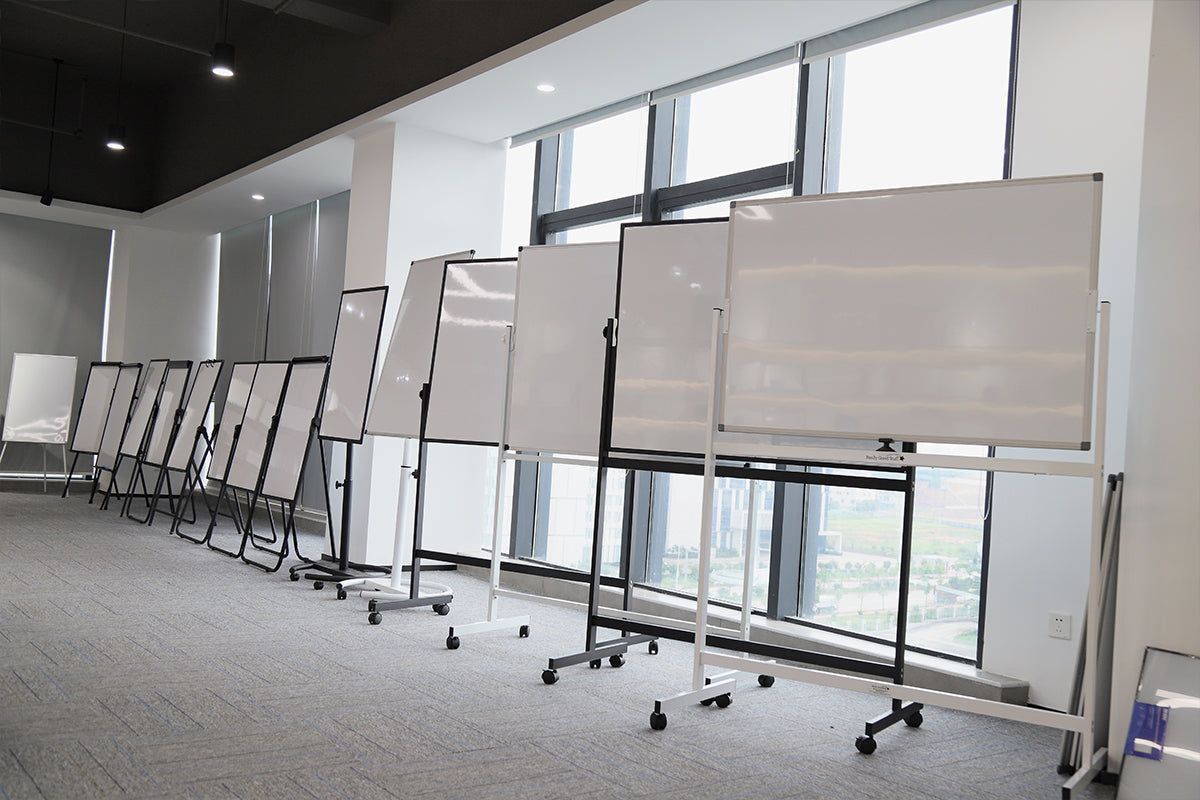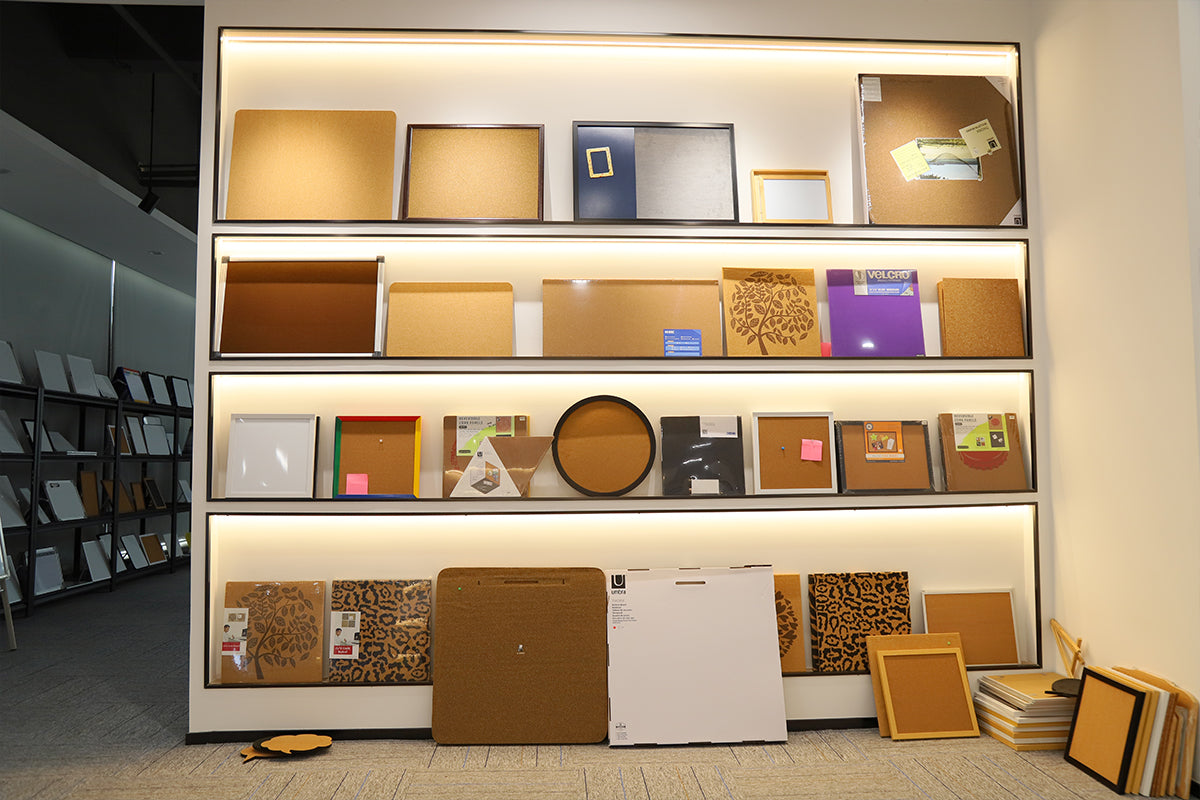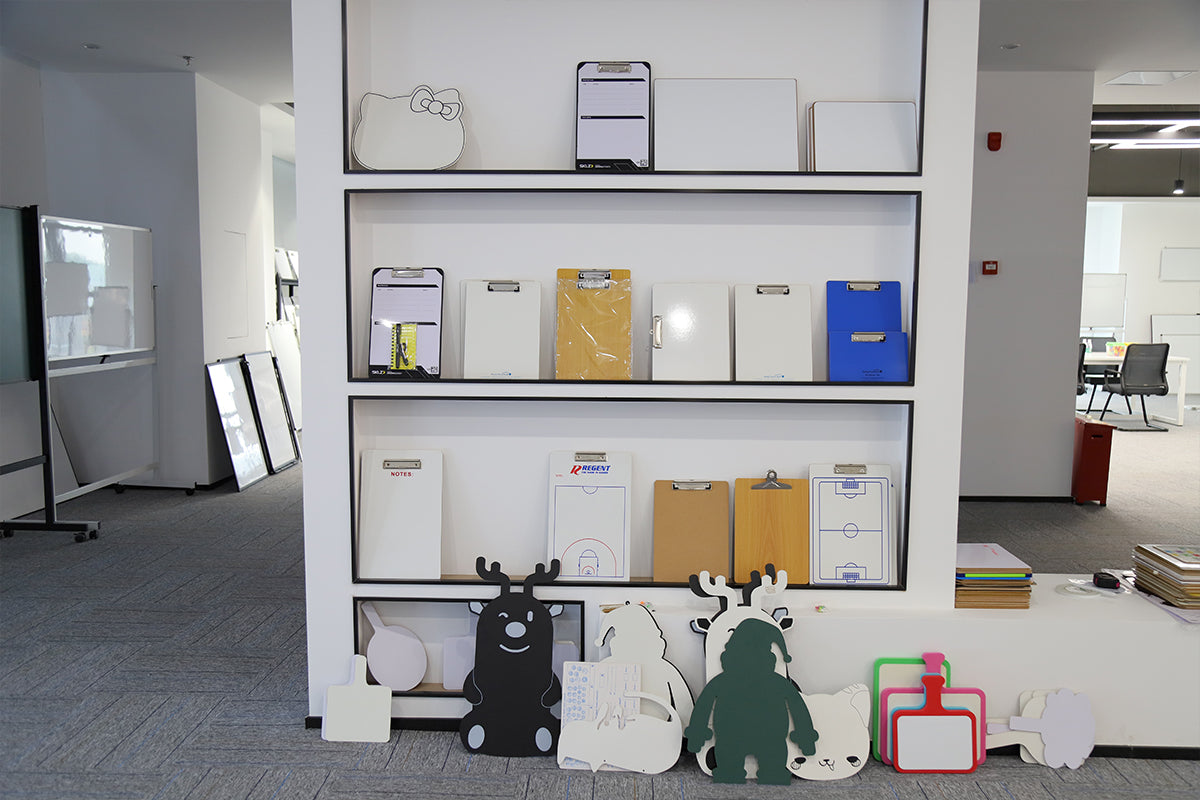Whiteboard: A Magic Tool for Enhancing Interaction and Communication
Whiteboard is a common tool used in teaching, meetings, or team discussions. It not only provides real-time interaction and visualization effects, but also facilitates rewriting and modifying content. In this article, we will explore the different types, usage scenarios, and advantages of whiteboards.
Different types of whiteboards
There are various types of whiteboards, each with its unique characteristics and uses.
1 Traditional magnetic whiteboard
Traditional magnetic whiteboards are one of the most common types of whiteboards. They are usually made of magnetic materials and can be marked using magnetic letters, numbers, and pictures. This type of whiteboard is very suitable for teaching and discussion, as it can be used to showcase concepts, highlight notes, draw charts, and more.
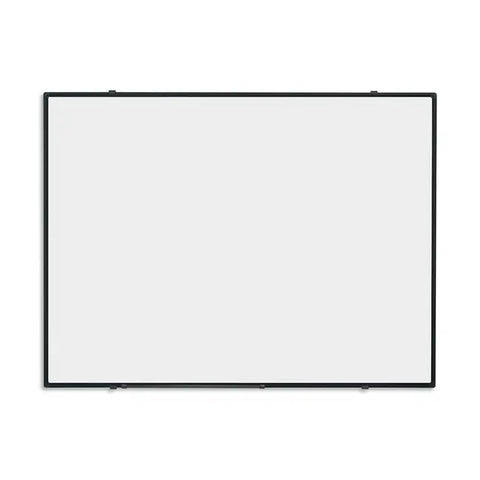
2 Glass whiteboard
Glass whiteboard is a fashionable and modern choice. They are made of high-quality glass material with a smooth surface and can be written with a dry eraser or marker pen. The advantage of a glass whiteboard is that it is easy to clean and maintain, and can be used in different colored backgrounds to increase visual effects.
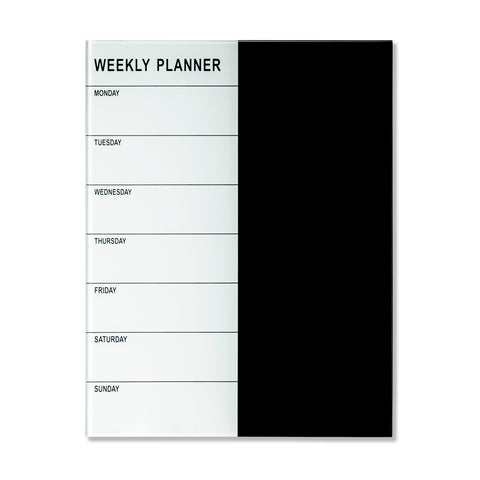
3 Interactive Whiteboard
Interactive electronic whiteboard is the crystallization of modern technology. They have touch screen functionality and can be connected to computers or other devices to achieve more functionality and interactivity. Interactive electronic whiteboards are commonly used in educational institutions and enterprise environments, which can display content in real-time, draw charts, design process diagrams, and more. They also have the function of saving and sharing content, making it easy to review and discuss.
Usage occasion
Whiteboards have a wide range of applications in teaching and discussion, and the following are some common usage scenarios:
1 Education sector
In the field of education, whiteboards are one of the important tools for teaching. Teachers can use whiteboards to explain concepts, demonstrate operations, and highlight notes. Students can also perform calculations and draw charts on the whiteboard to improve their learning outcomes.
2 Meetings and team discussions
Whiteboards play a crucial role in meetings and team discussions. They can be used to showcase and discuss ideas, strategies, processes, etc. Team members can jointly draw charts and write down key points on the whiteboard to promote understanding and communication.
3 Software development field
In the field of software development, whiteboards are also an important tool. Developers can use whiteboards to explain and discuss code, design system architecture, plan development processes, and more. The visualization effect of the whiteboard helps team members understand and remember the content, and can be rewritten, modified, and updated at any time.
Advantages of Whiteboard
The use of whiteboards brings many advantages, making it a popular tool:
- Real time interaction: Whiteboards can achieve real-time interaction and promote the effectiveness of teaching and discussion. Teachers, students, and team members can immediately exchange ideas and opinions.
- Visualization: The whiteboard provides visualization effects, making abstract concepts and content easier to understand. Charts, images, and text can be presented more vividly, increasing the effectiveness of memory and understanding.
- Easy to erase: The whiteboard's erase function makes it very convenient to modify and update content. You no longer need to use an eraser or delete key, just gently wipe it.
Conclusion
Whiteboard is a magical tool that can enhance the effectiveness of teaching, discussion, and communication. Different types of whiteboards meet the needs of different occasions, and their advantages make using whiteboards more convenient and effective. Whether in the field of education, enterprise environment, or software development, whiteboard is an indispensable tool that deserves our full utilization.

